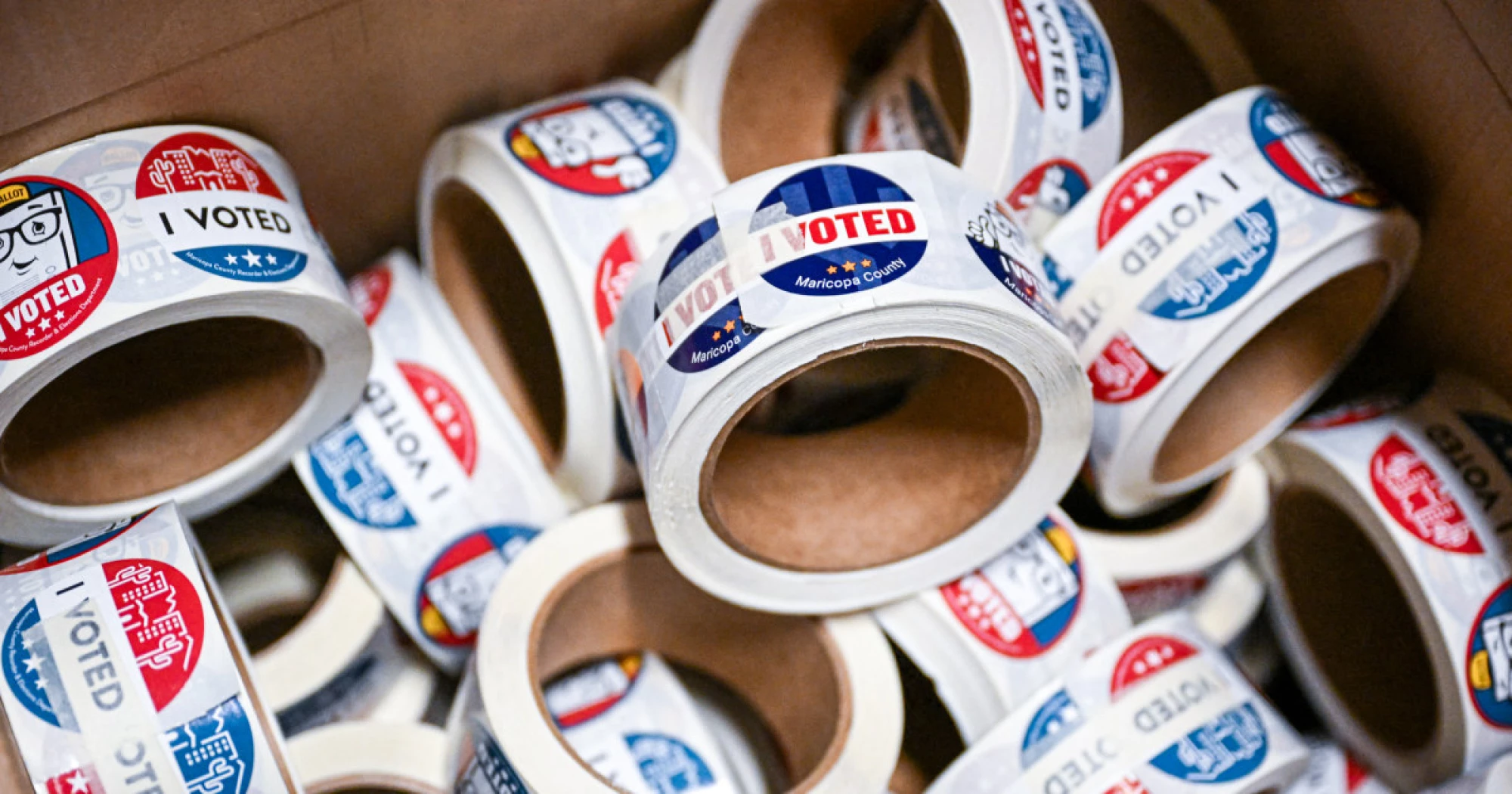Meta's misinformation problem has local election officials struggling to get out the truth

Interviews with nearly a dozen regional and statewide government officials with election-related duties reveal the challenges they’re having using and monitoring Meta’s apps.
Derek Bowens has never had such an important job. He’s the director of elections in Durham County, North Carolina, one of the most-populous areas of a state that’s increasingly viewed as crucial to the 2024 presidential contest.
So when a former precinct official emailed Bowens in July to warn him of a post containing voting misinformation that was spreading virally on Facebook, Bowens quickly recognized that he may be facing a crisis.
The post, written as if from an authority on the subject, said voters should request new ballots if a poll worker, or anyone else, writes anything on their form, because it would be invalidated. The same incorrect message was spread on Facebook during the 2020 election, but the platform flagged the content at the time as “false information” and linked to a story that debunked the rumor by Facebook’s fact-checking partner, USA Today.
Bowens said no such tag appeared on the post, which was widespread enough that the North Carolina State Board of Elections had to issue a press release on Aug. 2, informing voters that false “posts have been circulating for years and have resurfaced recently in many N.C. counties.”
“It was spreading and there wasn’t anything happening to stop it until our state put out a press release and we started engaging with our constituency on it,” Bowens told CNBC in an interview.
Rating: 5